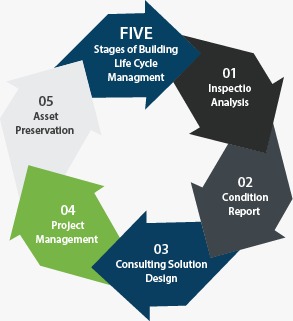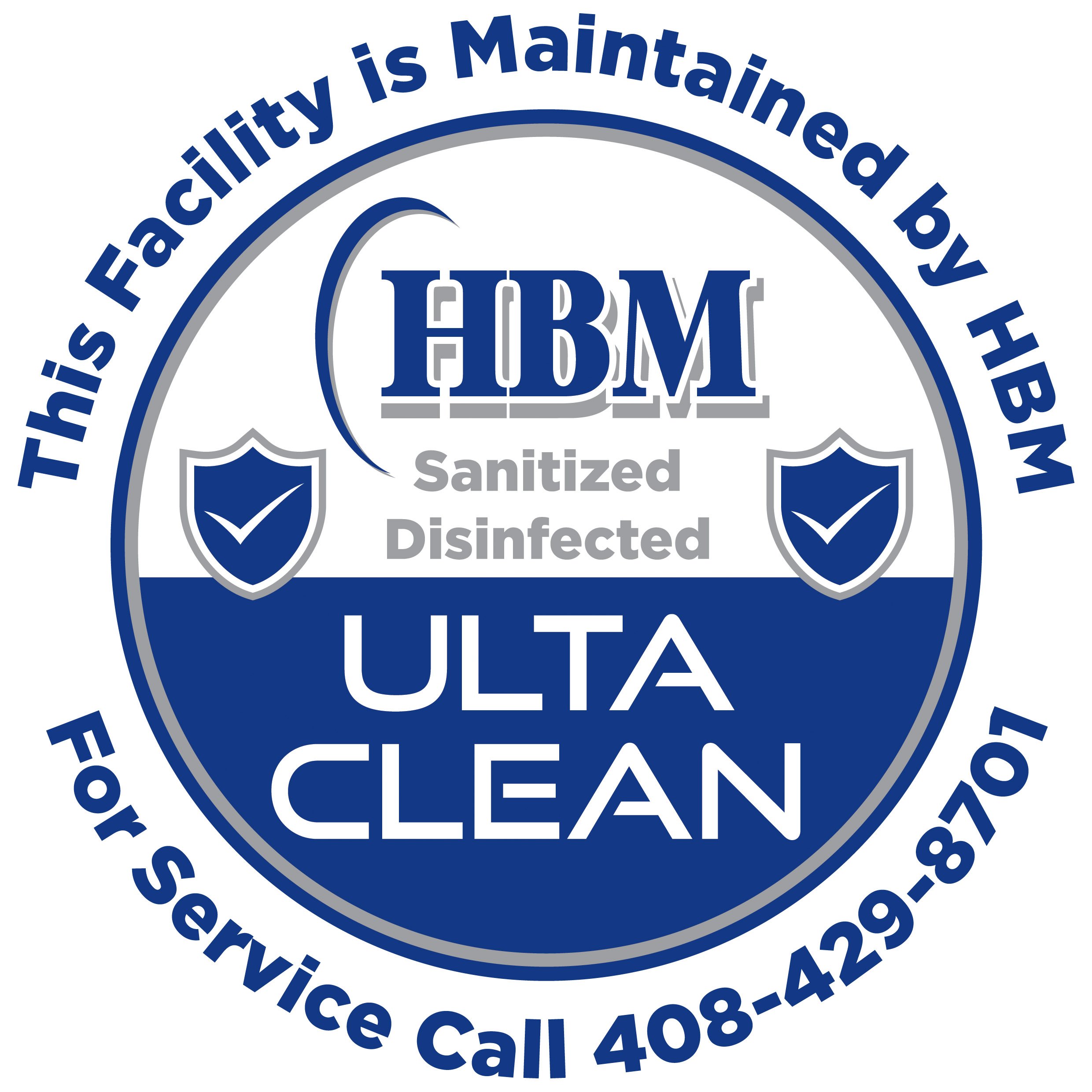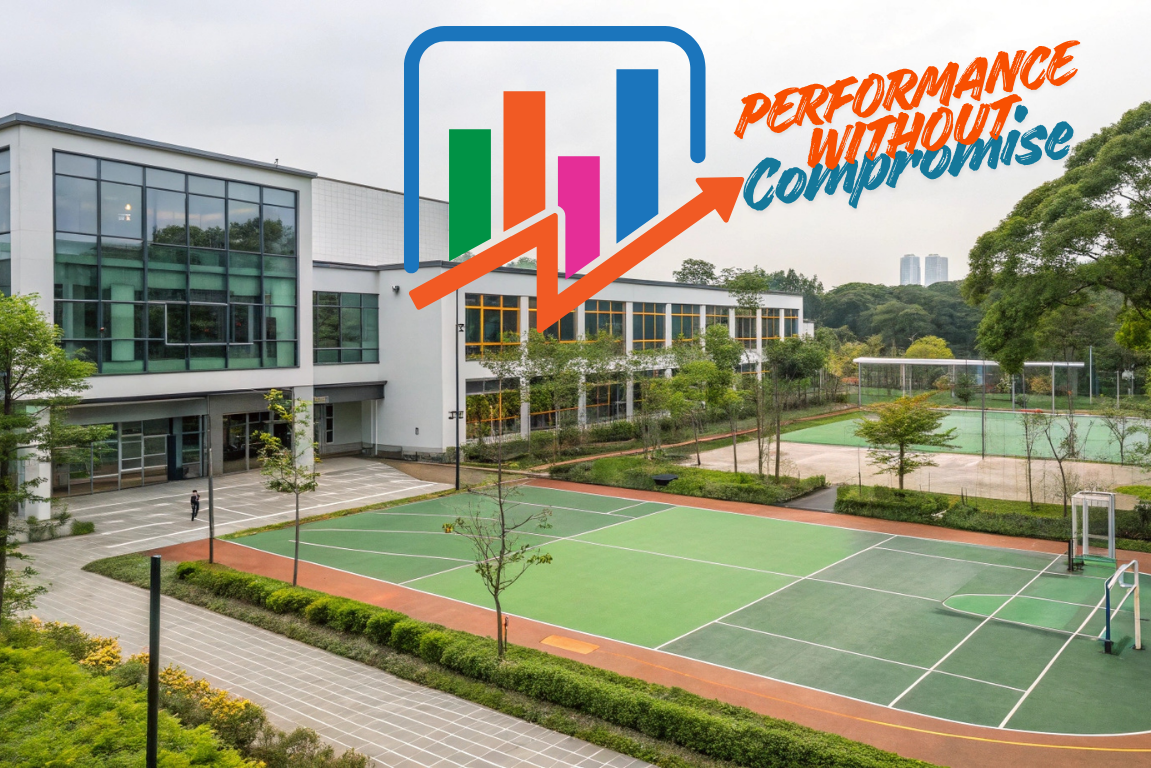Real estate and property management play a role for facilities managers in ensuring that the facility is operated in a manner that maximizes the value and usability of the property. A facilities manager with strong real estate and property management skills is able to develop and implement a real estate master plan, manage and oversee real estate assets, and prepare and administer the service charge budget.
Some key aspects of the real estate and property management competency for facilities management include:
- Developing and implementing a real estate master plan: This includes determining and evaluating the facility's real estate requirements, such as space utilization and management, and determining the highest and best use of the property.
- Managing and overseeing real estate assets: This includes acquiring and disposing of real estate, managing and overseeing the real estate portfolio, and determining and evaluating real estate requirements.
- Acquiring and disposing of real estate: This includes acquiring, leasing, and disposing of real estate to ensure that the facility has the appropriate amount of space to meet its needs.
- Managing and overseeing the real estate portfolio: This includes managing and overseeing properties that are owned, leased, subleased, co-owned, and contract-managed.
- Preparing and administering the service charge budget: This includes allocating costs among co-owners or tenants and ensuring that the budget is properly managed and administered.
Overall, effective real estate and property management is essential for a facilities manager to ensure that the facility is operated in a manner that maximizes the value and usability of the property. Additionally, the ability to develop and implement a real estate master plan, manage and oversee real estate assets, and prepare and administer the service charge budget can help to ensure that the facility is able to meet the needs of its occupants and the broader organization.



.jpg)


-1.png)

